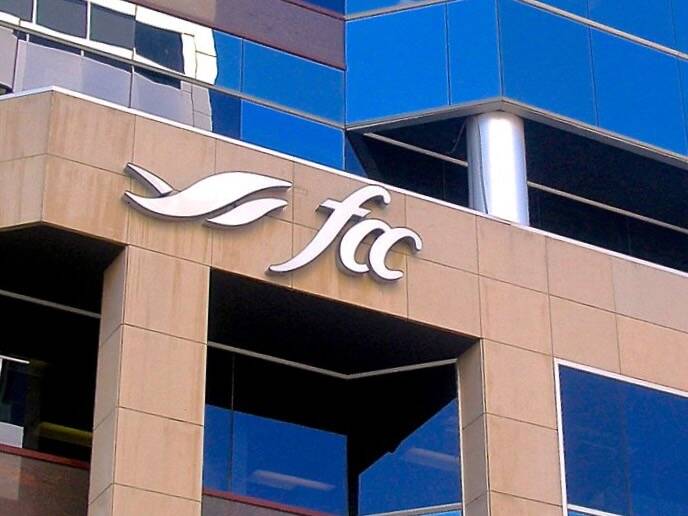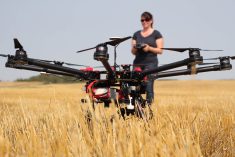You’re all ready to start the planting season, using all your new precision agriculture tools for optimum seed, fertilizer and chemical placement. But all of a sudden all the data scrambles or disappears, and you receive an email demanding payment to get it back.
Far fetched? Maybe not, says the U.S. Federal Bureau of Investigation.
In a “Cyber Bulletin” issued April 17, the FBI warns that “smart farming” may increase cyber targeting against the U.S. Food and Agriculture Sector.
“The FBI and the U.S. Department of Agriculture (USDA) assess the Food and Agriculture (FA) Sector is increasingly vulnerable to cyberattacks as farmers become more reliant on digitized data,” the FBI bulletin says.
Read Also

Farm Credit Canada forecasts higher farm costs for 2026
Canadian farmers should brace for higher costs in 2026, Farm Credit Canada warns, although there’s some bright financial news for cattle
“While precision agriculture technology (a.k.a. smart farming) reduces farming costs and increases crop yields, farmers need to be aware of and understand the associated cyber risks to their data and ensure that companies entrusted to manage their data, including digital management tool and application developers and cloud service providers, develop adequate cybersecurity and breach response plans.”
The bulletin warns that aggregating “big data” analytics could allow criminals to track crop availability and pricing, or to exploit U.S. agriculture resources and market trends.
“In addition to theft, farm-level data may also be vulnerable to ransomware and data destruction. Ransomware has become a significant threat to U.S. businesses and individuals. Perpetrators use ransomware to encrypt a user’s important files, rendering them unreadable until a ransom is paid. Hacktivists may also destroy data to protest, for example, the use of genetically modified organisms (GMOs) or pesticides.”
The FBI said the single most important protection measure is a robust data backup and recovery plan.
“Backups should be maintained in a separate and secure location so that malicious actors cannot readily access them from local networks,” the bulletin says.















